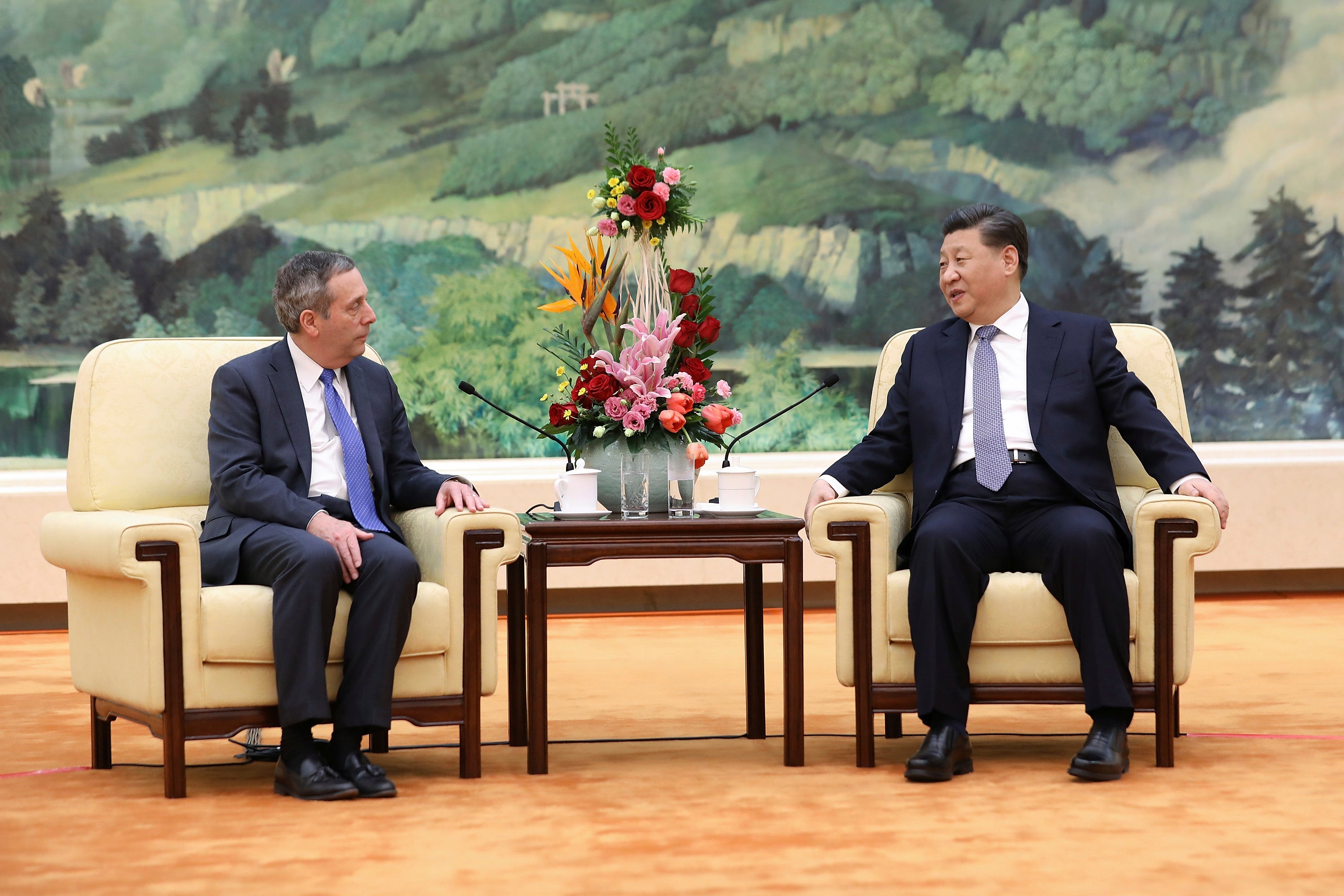Harvard language program relocates from China to Taiwan
An intensive summer language program hosted by Harvard University in Beijing will relocate to Taiwan in summer of 2022, as the U.S.-China relationship remains strained

Your support helps us to tell the story
From reproductive rights to climate change to Big Tech, The Independent is on the ground when the story is developing. Whether it's investigating the financials of Elon Musk's pro-Trump PAC or producing our latest documentary, 'The A Word', which shines a light on the American women fighting for reproductive rights, we know how important it is to parse out the facts from the messaging.
At such a critical moment in US history, we need reporters on the ground. Your donation allows us to keep sending journalists to speak to both sides of the story.
The Independent is trusted by Americans across the entire political spectrum. And unlike many other quality news outlets, we choose not to lock Americans out of our reporting and analysis with paywalls. We believe quality journalism should be available to everyone, paid for by those who can afford it.
Your support makes all the difference.An intensive summer language program hosted by Harvard University in Beijing will relocate to Taiwan in summer of 2022, as the U.S.-China relationship remains strained.
The program is moving to Taipei and will kick off next summer with about 60 students who will take eight weeks of classes, National Taiwan University confirmed Wednesday.
The decision was in part “due to a perceived lack of friendliness from the host institution" in Beijing, according to Harvard's student paper the Crimson, which first reported the move.
Every summer, according to the Crimson, the program “would typically host a small party to celebrate the Fourth of July, during which students and faculty would eat pizza and sing the national anthem.” But in 2019, the host university, Beijing Language and Culture University, said it could no longer host the event, Program Director Jennifer L. Liu told the paper.
Liu also said logistical issues impacted the decision. She told the Crimson that “BLCU did not provide a single dorm for all the students, instead requiring the program split the students into two different dorms of different quality, or to find a hotel that could keep their students together.”
Liu did not immediately respond to a request for comment outside of business hours.
China’s Foreign Ministry spokesperson Zhao Lijian said he did not know the particular issue with the program when asked about the move. However, he said “China always welcomes international students to study in China, attaches great importance to protection of their legitimate rights and interests, and proactively responds to the students’ reasonable concerns and appeals.”
National Taiwan University said in a statement on Tuesday that the universities had been discussing the decision since 2019, and it was due to start in 2020 but was suspended because of the pandemic.
The program is designed for intermediate and advanced Chinese language learners, and like many other study abroad programs, it features trips to local cultural and historical landmarks. In Beijing, students would visit the Great Wall, the Summer Palace and go on outings with local university students, according to the program's former website.
Beyond memorizing vocabulary or grammar structures, students got a chance to interact with their Chinese counterparts.
“I learned what Chinese millennials do when they get ghosted on (dating app) Tantan, how Chinese media portrayed America’s 2016 election, and which Chinese popsicle flavors to stay away from,” one student said in March 2020 on a Harvard website describing his study abroad experience.
In Taiwan, students will be able to visit places like the National Palace Museum, which houses many of the treasures once hosted in Beijing's Forbidden City, as well as Taiwan's famed night markets and Yangming mountain.
“We hope to lay a solid Chinese foundation for the outstanding Harvard students in NTU's free academic atmosphere,” the university said in a statement.
Taiwan and China split during a civil war in 1949, and Beijing has not ruled out force in reunifying with the island.